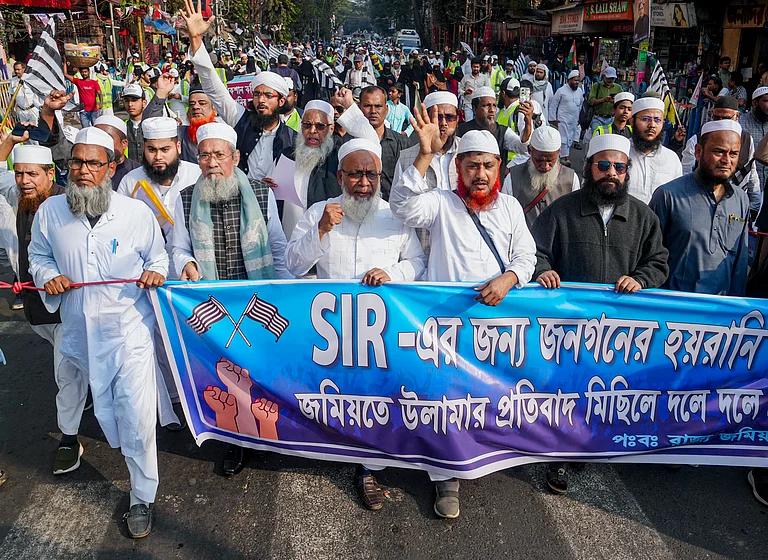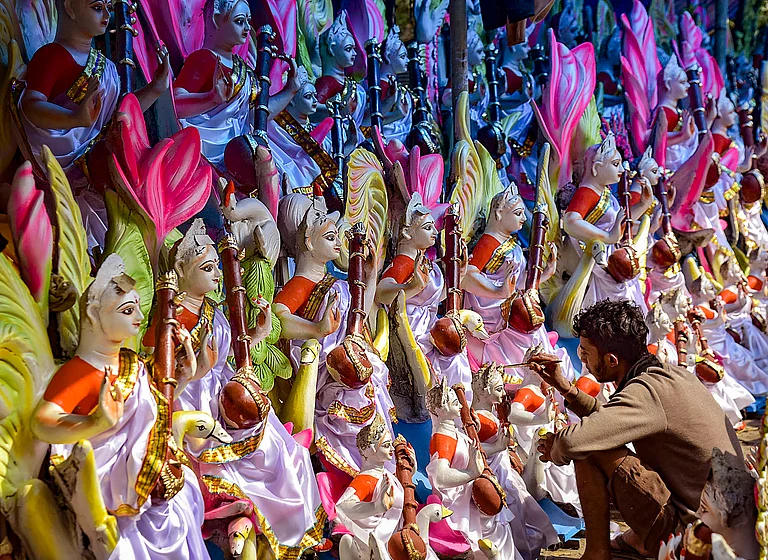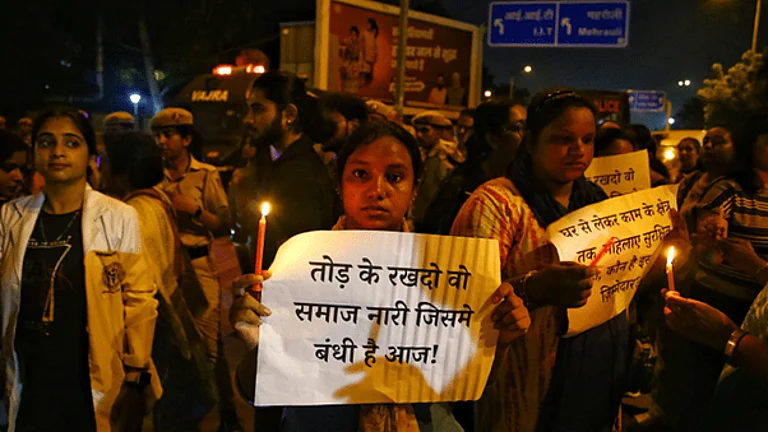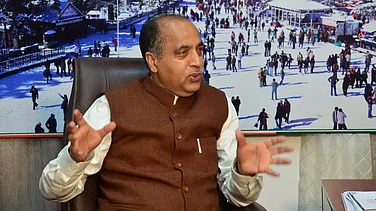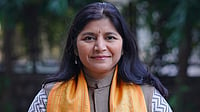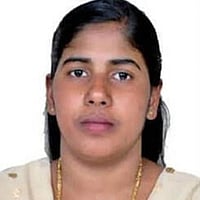The days leading to Durga Puja in West Bengal's Kolkata, a city known for its grand celebration of the most important Bengali festival, this time feels very different with a noticeably toned-down pre-festive exuberance that is the main element of the quintessential 'pujo' vibe. The 'City of Joy' is still enraged over the brutal rape and murder of the 31-year-old on-duty doctor at RG Kar Medical College and Hospital on August 9. Protests are on and demands for justice being raised parallelly, even after over a month since the crime shook the nation and beyond.
While preparations for Durga Puja 2024 are underway in Kolkata, the usual excitement in people seems subdued amid 'We Want Justice' slogans resonating across the city, questioning the relevance of worshipping the maternal energy where women in real life have no safety.
In an interview with India Today, renowned actor Swastika Mukherjee, who has been actively taking part in the protests, said, “I don’t think anyone who has heard the victim’s parents speak, or seen them, could celebrate puja with the usual excitement and vigour. Every year, we look forward to what we’ll wear, where we’ll go pandal-hopping, what we’ll eat, and which friends are visiting. But this year, all that excitement feels lost. I’m sure people will still visit the pandals, but the spirit of celebration won’t be the same.”
To celebrate or not?
While it stands true that Durga Puja is Bengal's the most celebrated festival, the economic impact of Durga Puja goes way beyond the festive joy and grandeur as it caters to thousands of people associated in countless ways with the creative and logistic attributes of the festival. And from this perspective stems the moral dilemma concerning the appropriateness of being a part of the celebrations this year.
According to a British Council of India report of 2019, the festival generates a revenue worth Rs 32,377 crores which is equivalent to the economy of several smaller nations. Needless to say, this revenue figure must have gone up by 2024. The festival is considered the backbone of West Bengal's economy as it generates 2.58 per cent of the state’s GDP in just a week.
Fom the idol-makers and pandal-makers to the dhakis (traditional drummers), lightmen and street vendors setting up food and game stalls—Durga Puja brings smile to many people's faces.
Return to festivities: Mamata faces backlash
Amid the widespread protests in Bengal and beyond seeking justice for the young doctor and her bereaved family, West Bengal CM Mamata Banerjee's recent public plea to 'return to festivities' sparked a massive row
“I request you to return to festivities and let the Central Bureau of Investigation (CBI) complete the investigation at the earliest,” Mamata was heard saying this during a meeting at the state secretariat Nabanna.
Reacting to the chief minister's seemingly insensitive plea, the mother of the deceased doctor said, "We used to celebrate Durga Puja with our daughter, but we will never celebrate Durga Puja or any other festival for years to come. Her remarks are insensitive," she said. "Let her return our daughter. Would she have said the same had this happened in her family?"
“The lamp at my home has gone out forever. They throttled my daughter to death. They are now trying to throttle the demand for justice”, she added.
Committees refuse to take money, theme's tweaked: A different 'Pujo'
In solidarity with the ongoing protests over justice and the charges of corruption and irregularities at several levels in the state's health sector, several small-time as well as well-known Durga Puja committees across the state this year have refused to accept the Bengal government's grant of rupees 85,000 to organise Durga Puja across Bengal.
Solidarity is also expressed through the Durga Pujas themes as many organisers have made amends to the original plans and tweaked the themes accordingly to portray the issue of women's safety.
According to a Telegraph report, the thematic changes will now include representation of three-dimensional images of public protests, message of protecting oneself through life-saving techniques. Reports also suggest that 'Sati-daha', the merciless ancient practice of immolating widows, will also find a thematic representation in this year's festival.










